Many athletic pursuits require some sort of accessory for safe and/or optimal performance. Soccer players have shin guards, swimmers have goggles, and weight lifters have unnecessarily tight tank tops sporting slogans like “Sweat is your armpits’ way of crying for mercy.”
Bicyclists, too, are besieged by advertisements proclaiming that they really ought to have a certain bag, a certain clamp-on water bottle holder, or a certain horn that honks the theme from Rocky to the rhythm of their pedaling. Even skeptics may find themselves wondering whether they actually could use a deluxe pair of bike shorts, even as they raise their eyebrows at the guarantee (or at least the wording thereof) that “padded shorts are sure to enhance your riding experience.”
The truth is, you don’t really need very much to ride your bicycle aside from the bicycle, itself. You probably already have a backpack that will hold your water bottle as well as any metal contraption, and you may not even know what a bike horn would be used for on a practical level. What you do need is the right protective gear—namely, a helmet, bright, visible clothing, and possibly a few reflective strips for night rides.
The effectiveness of helmets has often been called into question on the grounds that it may make the cyclist or other drivers more foolhardy; but comparatively, the risks associated with riding without a helmet virtually ensure that whatever accident does occur carries lasting damage. Assuming a helmet does encourage cars to pass more closely, the result will not likely parallel anything that follows a collision when one’s head is protected only by a shock of hair. In a way, wearing a helmet is a lot like buying insurance in that you pay a bit into it regularly to avoid paying out the nose later.
The critics are right about one thing: Wearing a protective gear does not ensure that you will not be in an accident, or even that you will not be badly injured. No degree of caution can immunize a person from the poor judgment of others. If, despite your safeguards, you are badly injured, a Salt Lake City bicycle accident attorney can ensure that you do not get the short end twice. Bicycle insurance in Utah is fragmented at best, and the process of seeking compensation is a long and tortuous one. Bicycle accident attorneys can guide you through to the best possible result.
You don’t have to fight the system with a blindfold—call for a free consultation with Utah’s best bicycle accident attorneys at 801-506-0800. The creed of Christensen & Hymas is to treat their clients with compassion and integrity; and they have a track record of standing staunchly behind it. Don’t depend on others to make sure you are taken care of—secure a personal representative for yourself.
